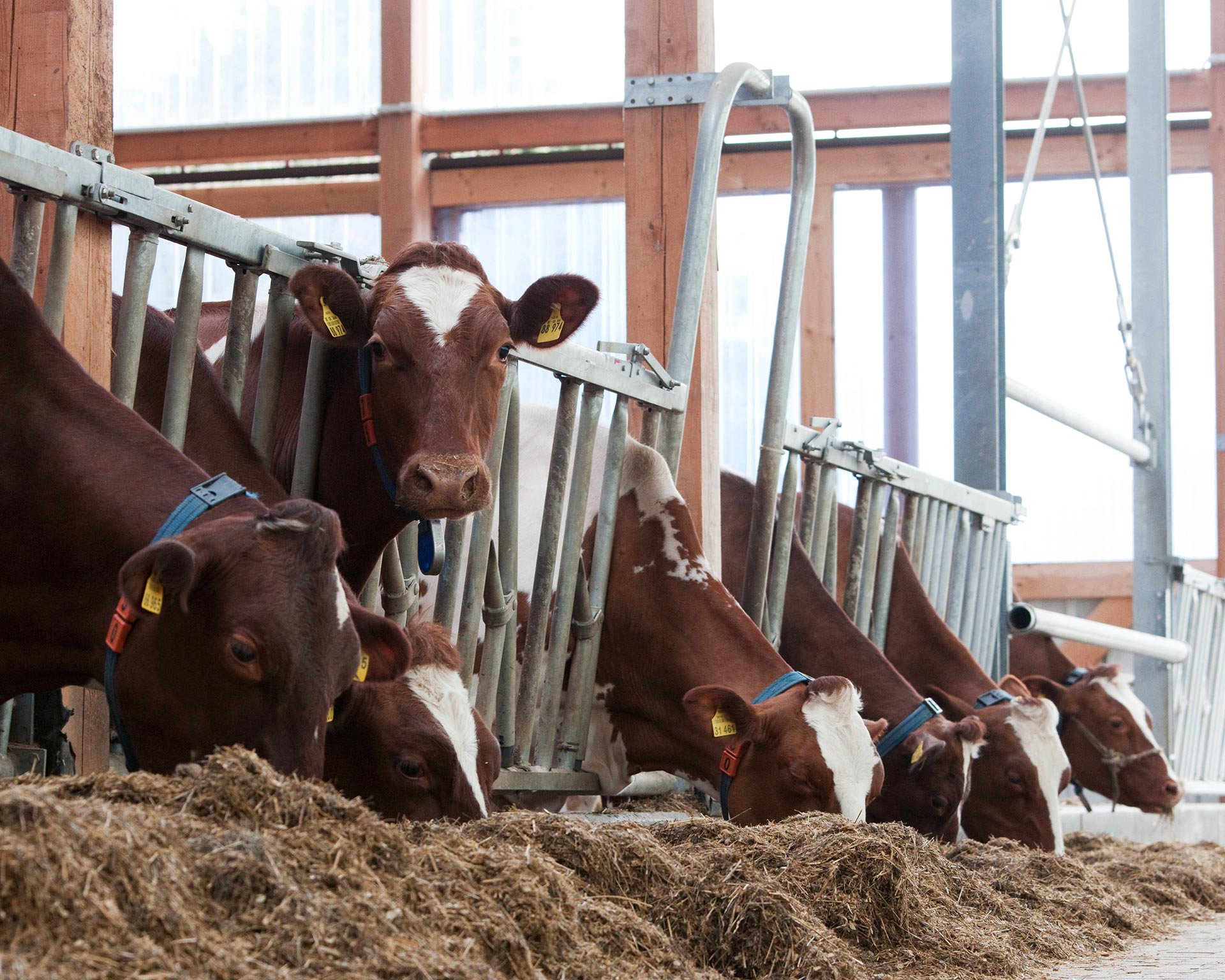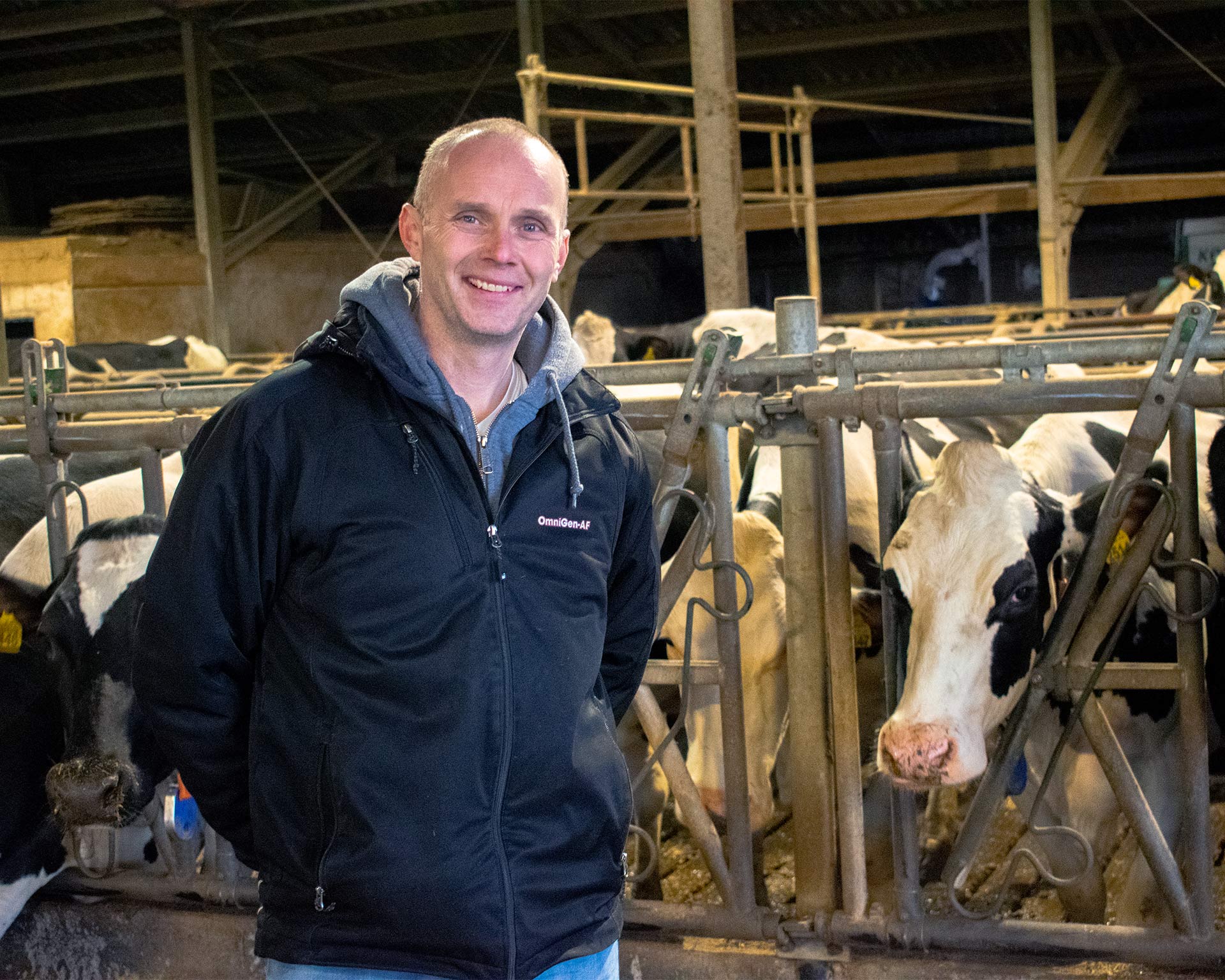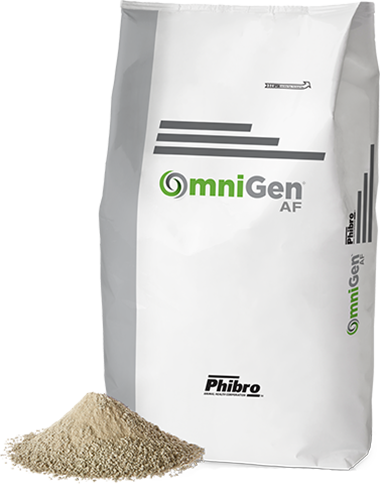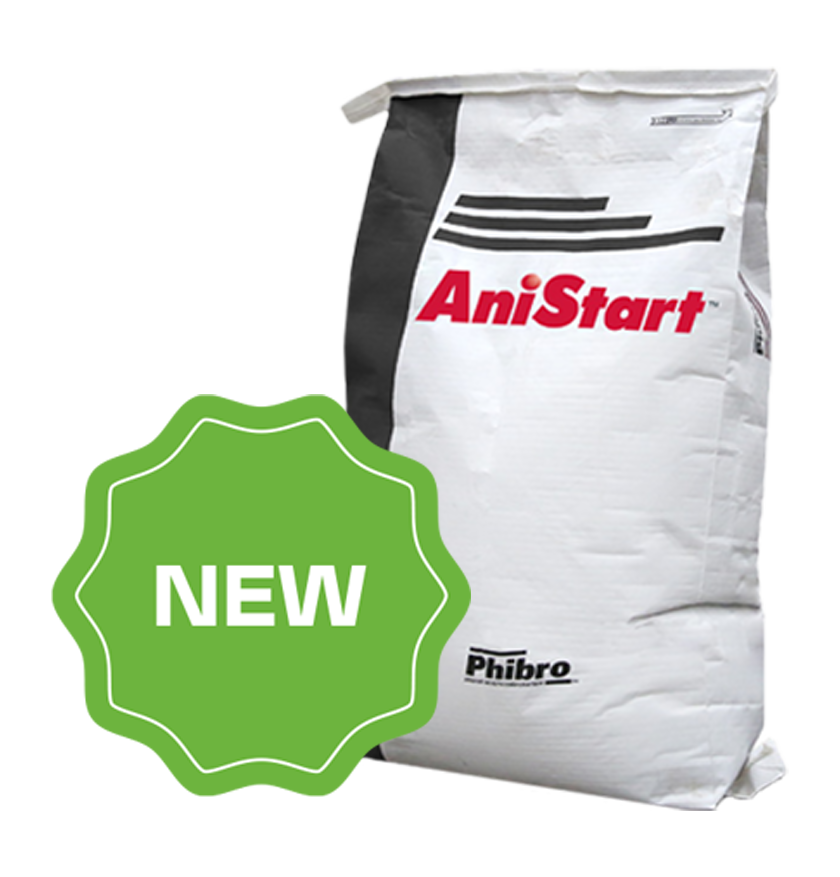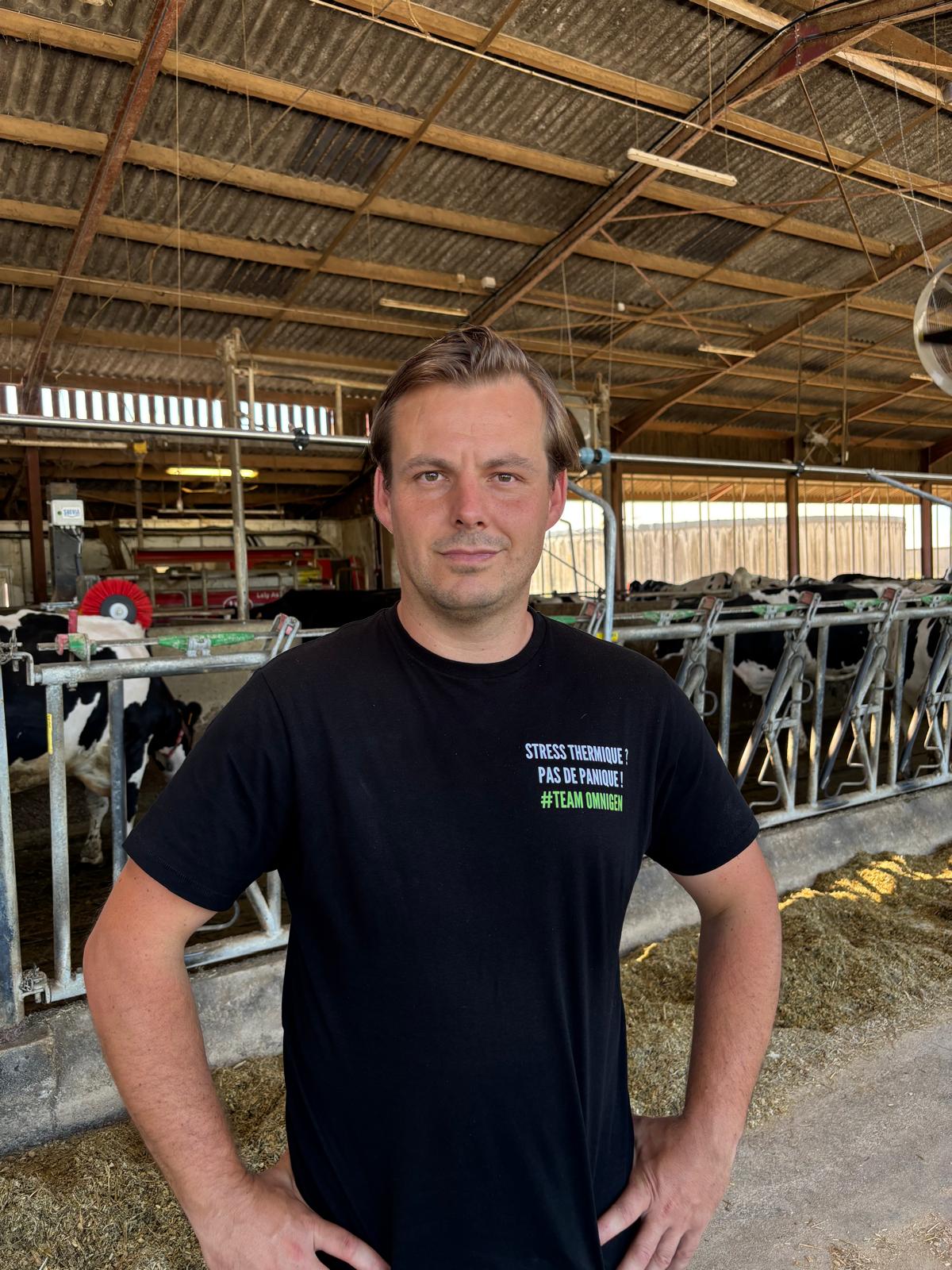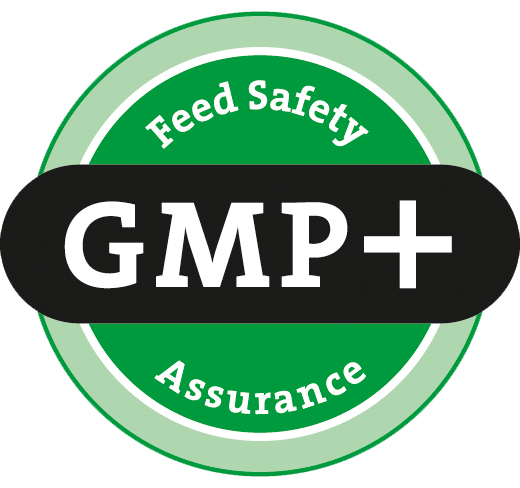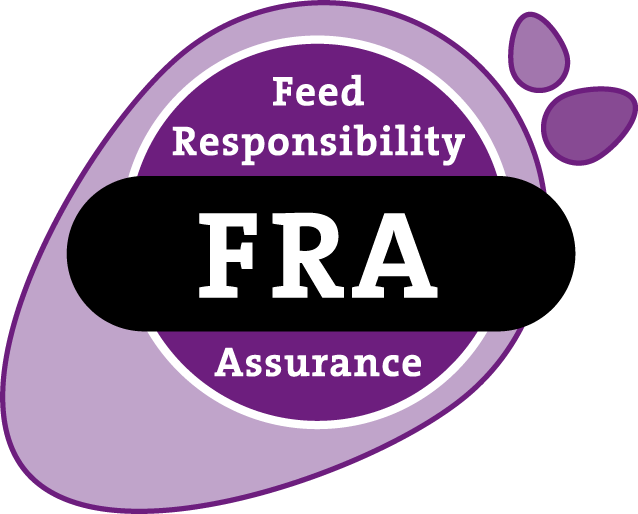YOUR PARTNERS FOR SUCCESS
The recipe for optimised dairy cow performance
At Phibro we understand the stresses and strains of dairy farming and the importance of keeping your cows as healthy and productive as possible. But how do you maximise the lifetime productivity of your cows? The answer is by optimising herd health.
An easy transition into the dry period
Drying off your cow means reformulating a ration to meet her changing energy demands. At the same time, the cow should be prepared for the next lactation period. A healthy dry period forms the foundation of a cow’s lactation. It provides time for the udder to rest and recover. Maintaining cow health during the dry period is essential for the prevention of infections and to optimising the following lactation. The udder has to be protected from the ingress of dirt. During the whole transition process, the balance between immunity and infection pressure can shift, resulting in a higher susceptibility to diseases. The stress associated with moving into a new cow group, dietary changes and the needs of the unborn calf can easily tip the balance at a time when rest and recovery is paramount. How do you provide a solid base for the new lactation period while guaranteeing the health of your fresh cow and unborn calf?


